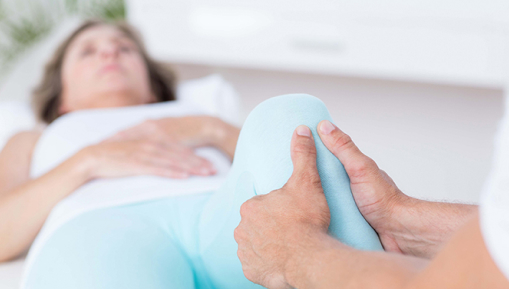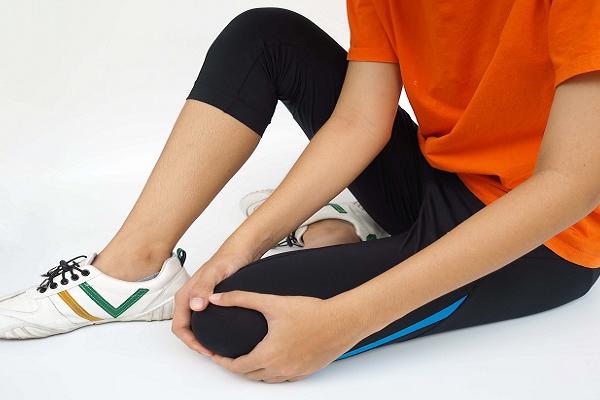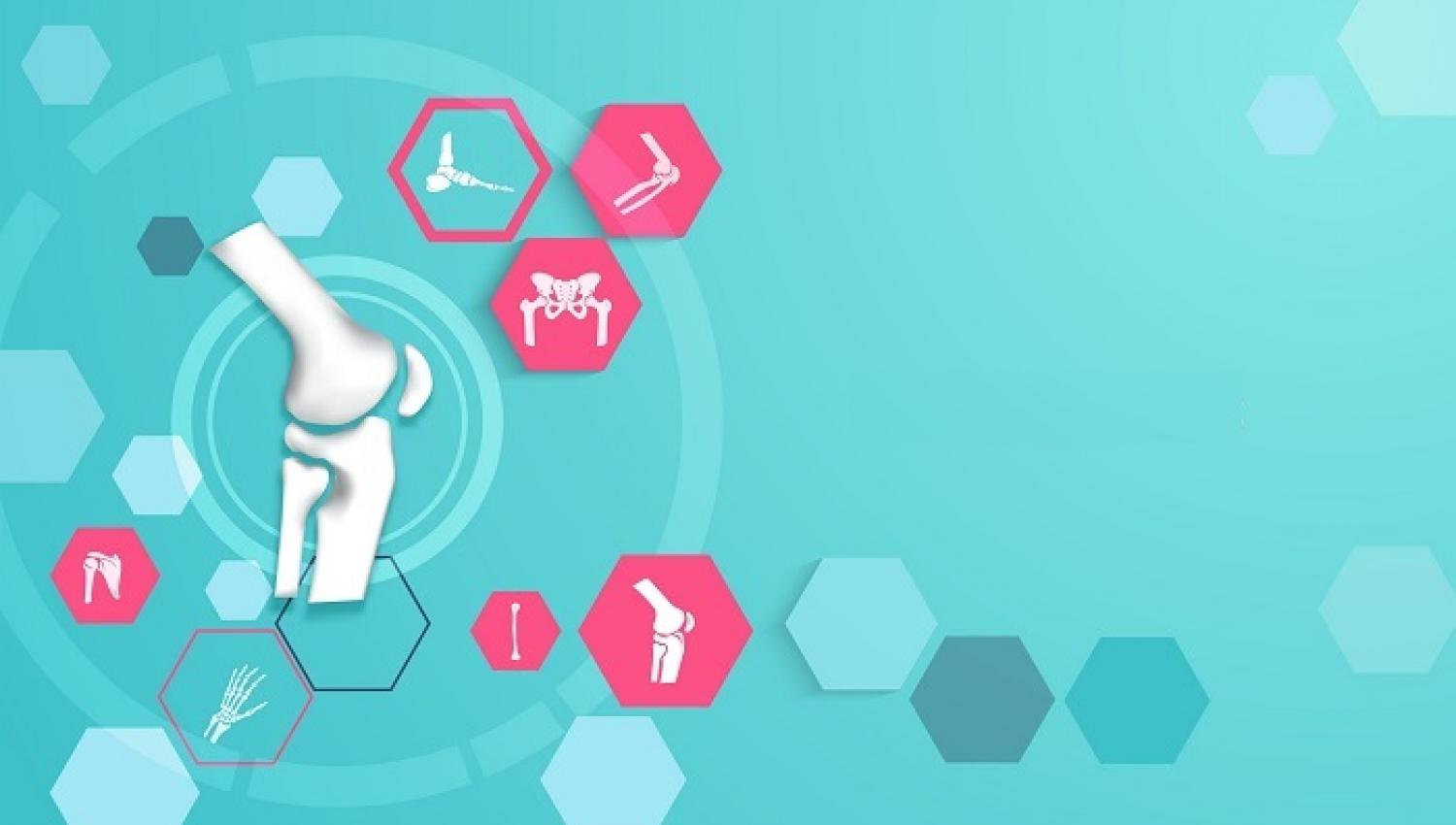Beware If You Feel Pain In The Front Of Your Knees While Exercising!
Kneecap laxity, which is a problem that is not widely recognized, is important in terms of the different problems it can cause if not taken into consideration. Orthopedics and Traumatology Specialist Prof. Dr. Gökhan Meriç pointed out that people with a lax kneecap can encounter much more serious problems in the knees with an incorrect movement and said, "If a person experiences pain in front of the knee, especially while doing sports, has difficulty climbing stairs and makes sound from their knees, they should definitely consult a physician."
Although it is not common, kneecap laxity, which is a serious orthopedic problem, is of great importance due to the different problems it can cause. Orthopedics and Traumatology Specialist Prof. Dr. Gökhan Meriç explained that according to research, early and unconscious sports activities are an important factor in the emergence of this problem.
Pointing out that many people have recently started to develop knee pain due to muscle weakness, Yeditepe University Hospitals Orthopedics and Traumatology Specialist Prof. Dr. Gökhan Meriç said, "Many of us were at home during the pandemic period and there are still people who continue to work at home. In this case, joint problems and knee pain due to muscle weakness became more common. Therefore, the need to do sports arose. However, intense sports activity to be done suddenly causes extra load on the joints because the muscles are weak and may cause different problems in the knees."
Women Are More At Risk
Prof. Dr. Gökhan Meriç said that especially women are more likely to encounter this problem because their joints are a little more lax than normal. Prof. Dr. Gökhan Meriç said, "Laxity in the kneecap is what we call patellar instability. In this case, if exercises such as bending, lifting, and squatting are emphasized in an intense sports activity, anterior knee pain may occur due to excessive laxity in the kneecap," he warned.
Attention to Sports Activities
Prof. Dr. Meriç said, "There is a predisposition to anterior knee pain or cartilage damage, especially in those who have anterior knee pain, need to extend their feet when they sit for a long time, feel pain when going up and down stairs, or think that their knees are making a sound." Prof. Dr. Meriç drew attention to the points to be considered while doing sports: "Not every sports activity is suitable for every patient. Especially people who go to the gym for group activities should pay attention. Likewise, it may not be appropriate to have 20 people do the same type of exercise in group exercises in gyms. If a movement you perform while doing sports causes pain in front of the knee or the knee joint, stop that exercise. Because going over it or forcing it can cause serious damage in the future."

'Young Patients Need to Be Warned'
Stating that the anatomical structure of the person is also important in kneecap laxity, Prof. Dr. Gökhan Meriç said, "Laxity in the joints from a very young age of 15-16 can cause excessive load on them and cause pain here. Even young people whose cartilages have never been damaged and who do not have serious problems in their knees can lose their knee and joint health while doing sports. It is necessary to warn them about this and inform them about doing sports consciously. However, if our patients suffer from anterior knee pain, especially during sports, we can monitor the pain for a few days. We can recommend ice application, rest, and painkiller treatment. However, if the patient's pain continues for 15 days, if there is increasing pain, if there is a sound coming from the knee or joint, they should definitely consult a specialist."
Consult a Specialist if the Knee and Joint Make Sounds
Prof. Dr. Gökhan Meriç shared the following information about the treatments applied in kneecap laxity: "If the patient has constant pain in front of the knee, if it is at a level that affects their daily life, if they have difficulty climbing stairs, if there is excessive play in the kneecap, they should see a physician. Depending on the patient's condition, different treatments such as medication, exercise, physical therapy, bandaging, or knee brace use can be applied. If the patient's complaints become chronic, if there is damage to the articular cartilage, therapeutic injection treatments can be applied to the articular cartilage. If the complaints progress seriously, then an intervention may be necessary. These surgical interventions are performed closed or open and vary according to the patient's age, activity level, and the structure of the kneecap."
Can Cause Kneecap Dislocation!
Yeditepe University Hospitals Orthopedics and Traumatology Specialist Prof. Dr. Meriç stated that they recommend patients strengthen the upper leg and hip muscles and avoid excessive bending and lifting exercises in order to prevent anterior knee pain and concluded his words as follows: "In people with very intense laxity in the kneecap, even dislocation of the kneecap may develop with a reverse movement. Although dislocation is very rare, it is a serious problem. It causes damage to the ligaments and knee cartilage that hold the kneecap in place. This causes severe knee pain and restricts the patient's daily life. Intervention may be required in most patients after kneecap dislocation."
”




